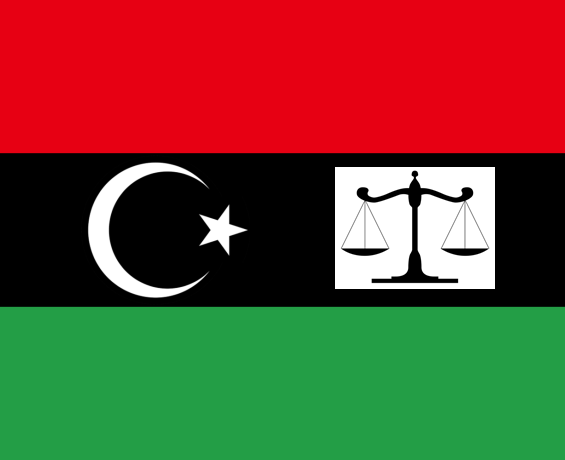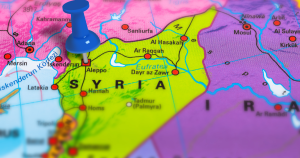“Since the beginning of the revolution some four years ago, No Peace Without Justice and the Nonviolent Radical Party, Transnational and Transparty, have consistently advocated for accountability in Libya as a means to overcome the legacy of impunity and abuses that typified Muammar Gaddafi’s rule. We looked to the Libyan authorities to implement a new approach based on respect for human rights, also as a real signal of a break with the past, and to the international community to support Libya along this path towards realising justice and redress for the victims and their families.
“Sadly, today’s verdict and the flawed process leading to it show that the promise of the revolution, filled with hope for a new future where human rights are respected in Libya, has yet to be fulfilled. The trials were flawed by a number of due process violations, in particular the fact that most defendants were denied access to a lawyer, both pre-trial and during the trial itself, alongside allegations of mistreatment while in detention. We can only hope that these violations are given the consideration they deserve during any appeal, which itself is guaranteed by Libyan law. At the very least, they cast a long shadow over the verdicts and the sentences that were handed down today.
“We have consistently maintained that it is the job of the Libyan authorities to provide justice and the job of the international community to provide support that could help ensure each and every part of Libya’s transitional justice process is conducted properly and according to the highest international standards. This has not been done and once again, the victims of the process remain the same – not just the people whose rights have been violated during the trials, but the thousands of Libyans who suffered at the hands of the former regime and others and who have yet to receive any kind of real justice or redress.
“No Peace Without Justice and the Nonviolent Radical Party, Transnational and Transparty, had hoped that this trial might trigger some political process to ensure a reform of the judicial system that could affect the thousands of inmates that are still held in prison without trial and without even being notified of the charges against them; involve victims and victims’ groups in the proceedings; and re-launch a comprehensive transitional justice process. Unfortunately, this has not been the case. We urge the Libyan authorities to take a long, hard look at whether this trial has lived up to the ideals of the revolution, which was fought for a better future in which human rights are enjoyed by all. We further urge the international community to hold Libya to these standards, which the Libyan authorities themselves proclaim to be their yardstick. There is an urgent need for reform of the system and the way in which that system is support if there is to be any hope for lasting peace and stability in Libya.”
NPWJ project on Libya
NPWJ has been working on the Libyan transition since early 2011, in the framework of its project to support Libya’s democratic transition through justice and accountability. Libyan authorities can break with the legacy of impunity and abuses that typified Gaddafi’s rule with a new respect for the rule of law and a commitment to restoring justice and dignity to victims. Doing so requires not only the investigation and prosecution of the ongoing crimes and violence, but also efforts to confront a history of oppression and human rights abuses that dates back decades under the rule of the former regime.
For further information, please contact Alison Smith on asmith@npwj.org, Gianluca Eramo (MENA Democracy program Coordinator) on geramo@npwj.org or Nicola Giovannini (Press & Public Affairs Coordinator) on ngiovannini@npwj.org or ![]() +32-2-548-3915.
+32-2-548-3915.




